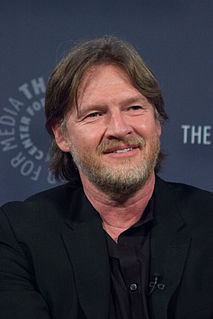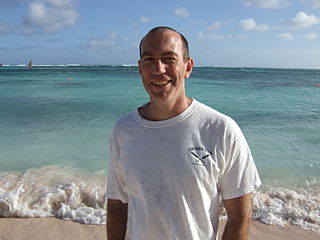A Quote by Arthur Hays Sulzberger
News is so often a report of conflict, an account of problems, a thing of the day and even of the minute, that sometimes I think we make the background darker and the shadows deeper than they actually are.
Related Quotes
If one has such an encounter it is to be expected it will bring him into conflict, especially conflict with himself, because one sometimes literally does not know what to do or what not to do. But is this struggle and even the mistakes one may make, not better, and do they not develop us more than if we keep systematically away from emotions?
Day by day and almost minute by minute the past was brought up to date. In this way every prediction made by the Party could be shown by documentary evidence to have been correct; nor was any item of news, or any expression of opinion, which conflicted with the needs of the moment, ever allowed to remain on record. All history was a palimpsest, scraped clean and reinscribed exactly as often as was necessary.
You don't know me at all. You don't know the first thing about me. You don't know where I'm writing this from. You don't know what I look like. You have no power over me. What do you think I look like? Skinny? Freckles? Wire-rimmed glasses over brown eyes? No, I don't think so. Better look again. Deeper. It's like a kaleidoscope, isn't it? One minute I'm short, the next minute tall, one minute I'm geeky, one minute studly, my shape constantly changes, and the only thing that stays constant is my brown eyes. Watching you.
I think the government must recognise that the wounds of conflict are even more grievous on the mind than the body, and indeed may even serve to fuel further conflict. Where conflict cannot be avoided, provision of adequate psychosocial services to prevent the adverse mental health consequences should take priority.
I really do think inspiration comes from day-to-day life. I think there's things that pique our interest - not necessarily aha! moments - but things that just kinda make you raise your eyebrows. And those are often the moments that are the seeds of inspiration. Sometimes they're in a great conversation with friends, sometimes they're things you see live, something you read, a movie trailer you watch... I think inspiration is kind of laid out there. One thing we have to practice is recognizing when it happens, and recording that moment so we can come back to it.
When people come to you with problems or challenges, don't automatically solve them. As a mama bear, you want to take care of your cubs, so you tend to be protective and insulate them against all those things. But if you keep solving problems for your people, they don't learn how to actually solve problems for themselves, and it doesn't scale. Make sure that when people come in with challenges and problems, the first thing you're doing is actually putting it back to them and saying: "What do you think we should do about it? How do you think we should approach this?".
For most problems found in mathematics textbooks, mathematical reasoning is quite useful. But how often do people find textbook problems in real life? At work or in daily life, factors other than strict reasoning are often more important. Sometimes intuition and instinct provide better guides; sometimes computer simulations are more convenient or more reliable; sometimes rules of thumb or back-of-the-envelope estimates are all that is needed.




































